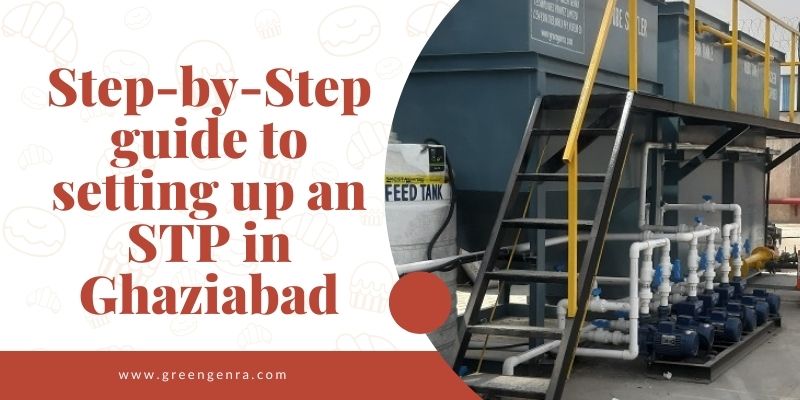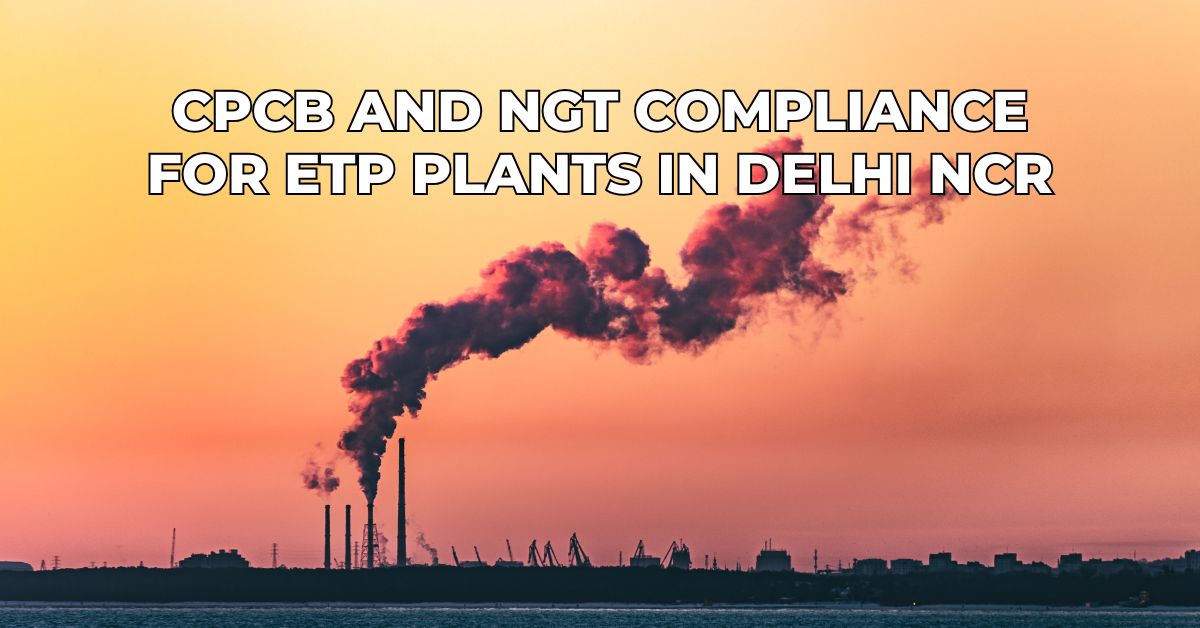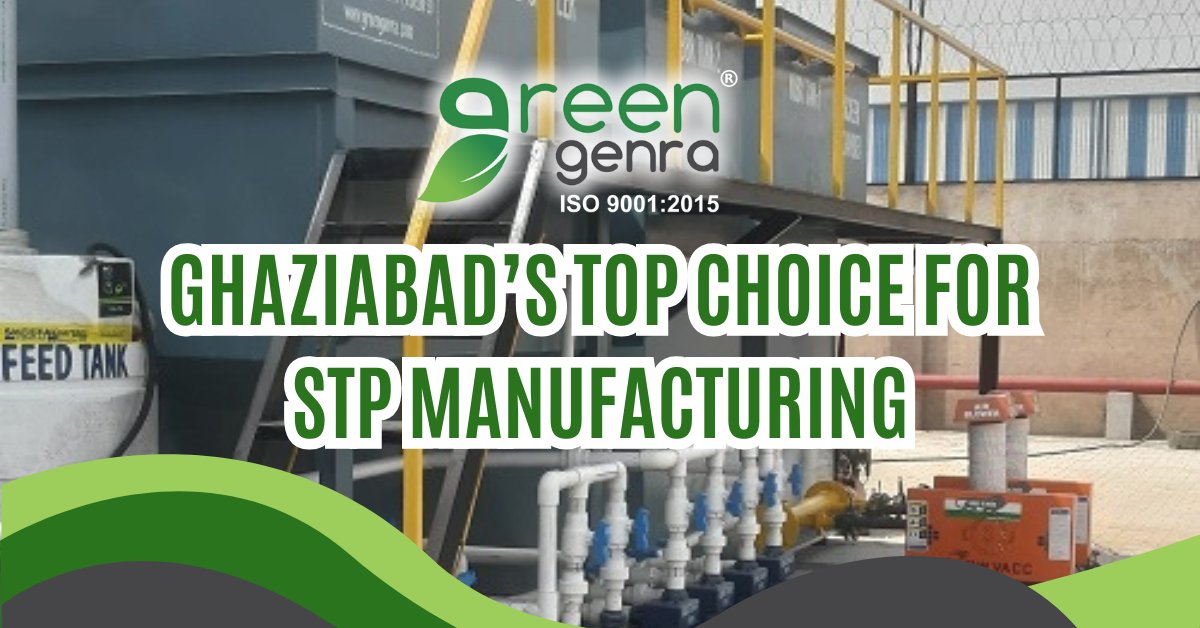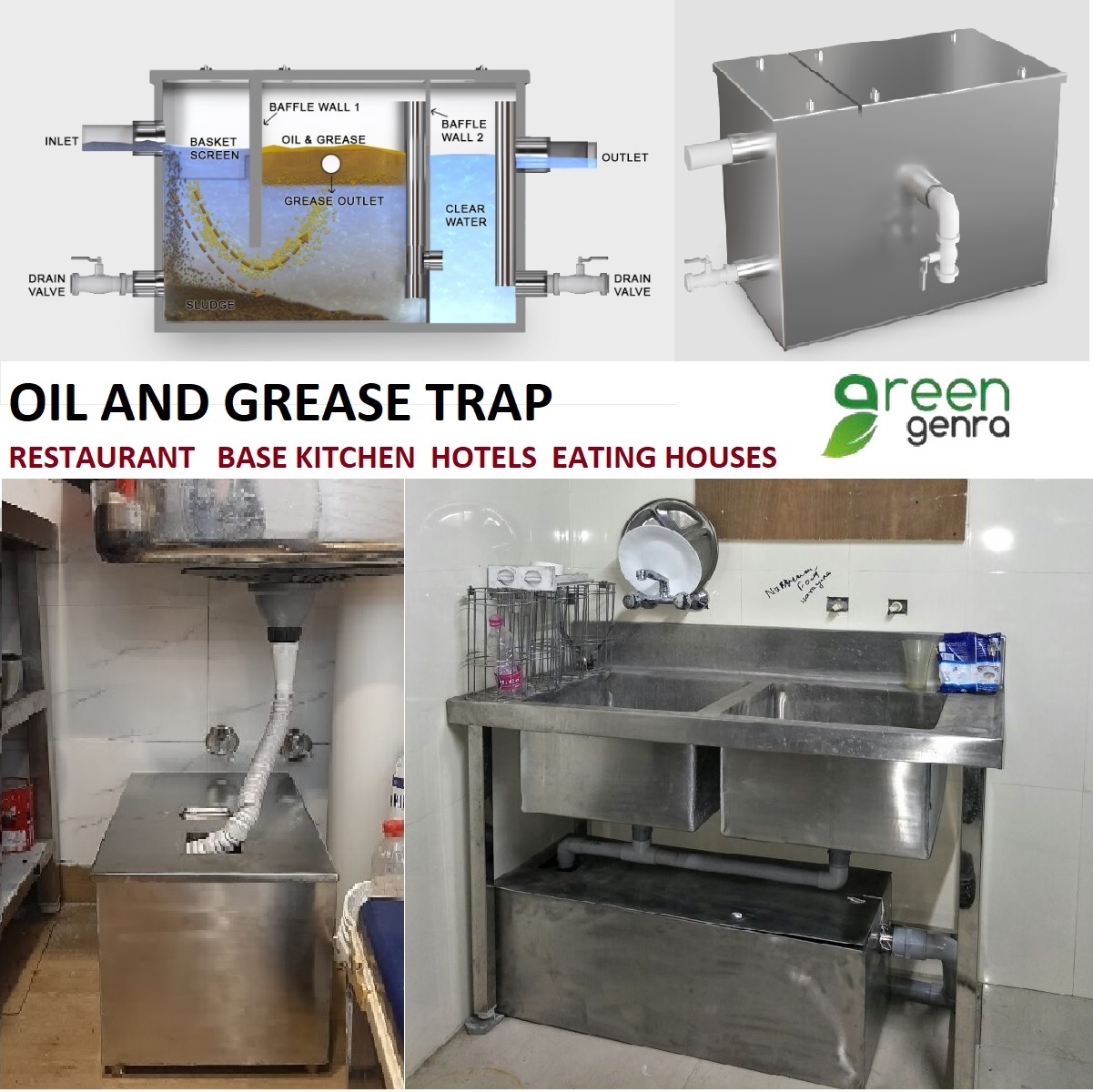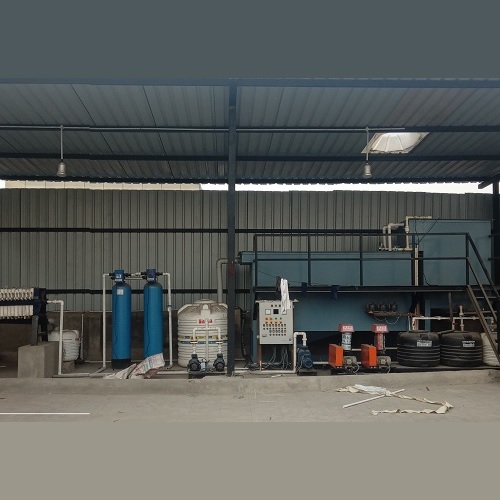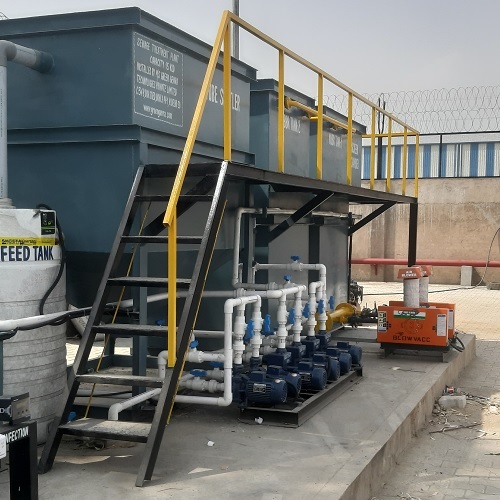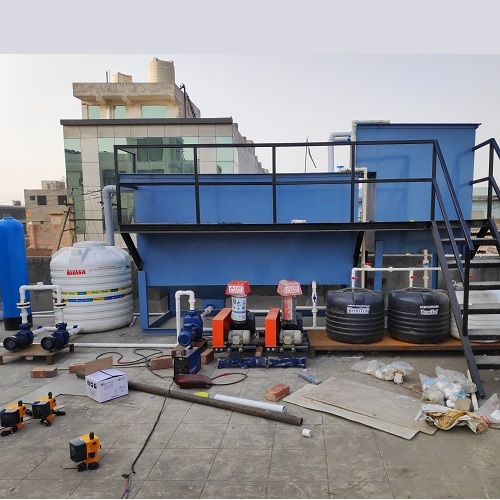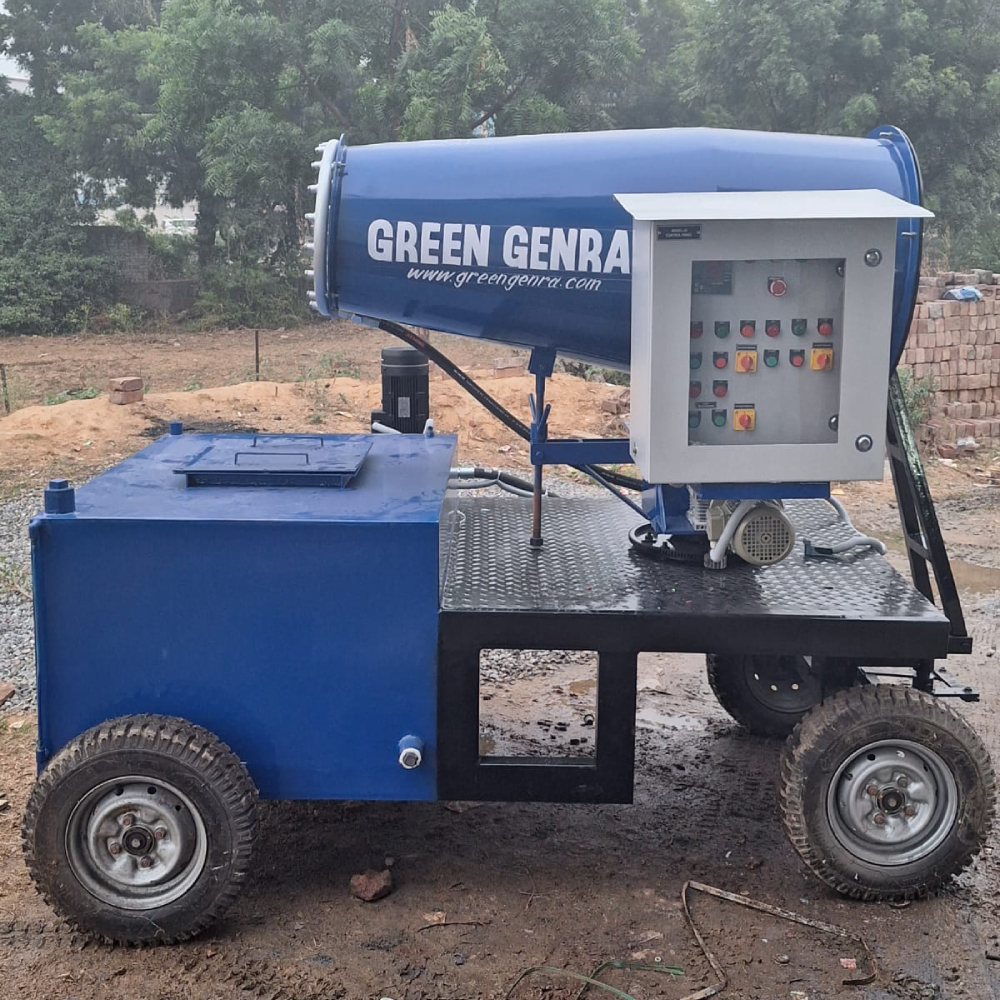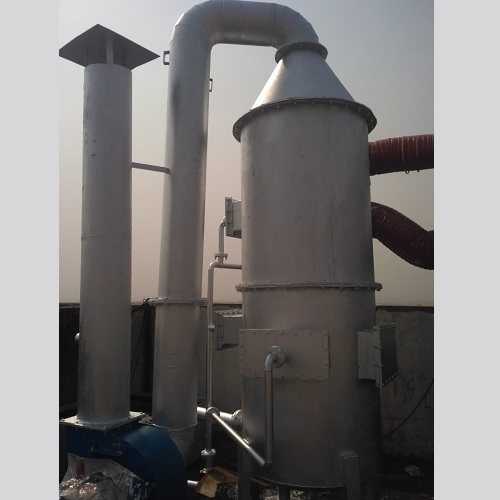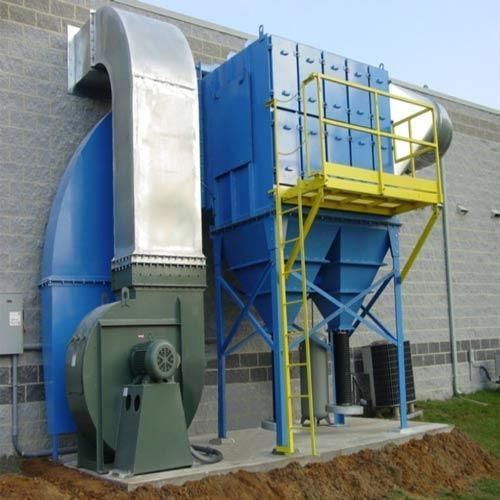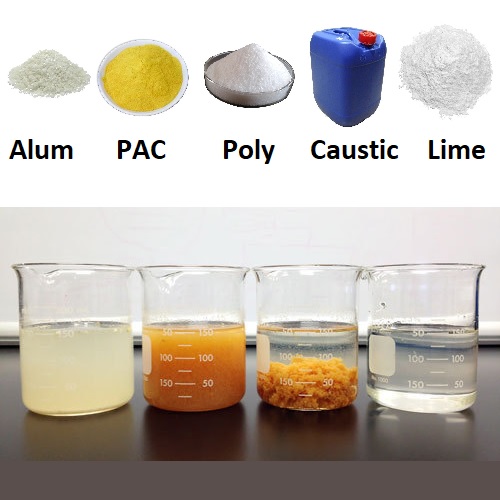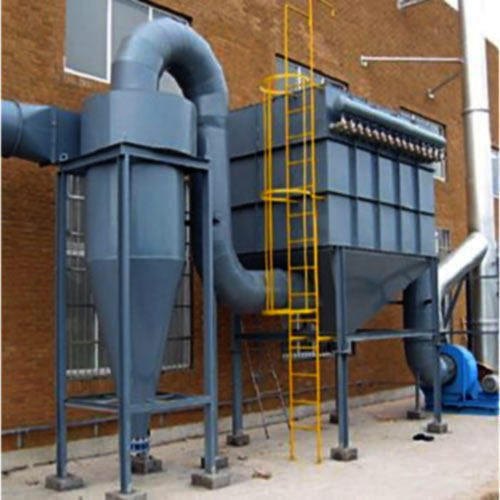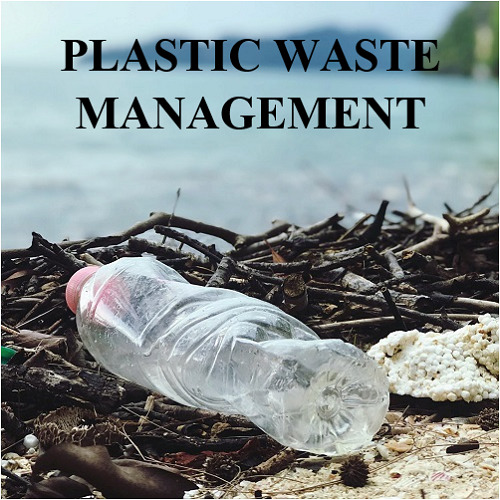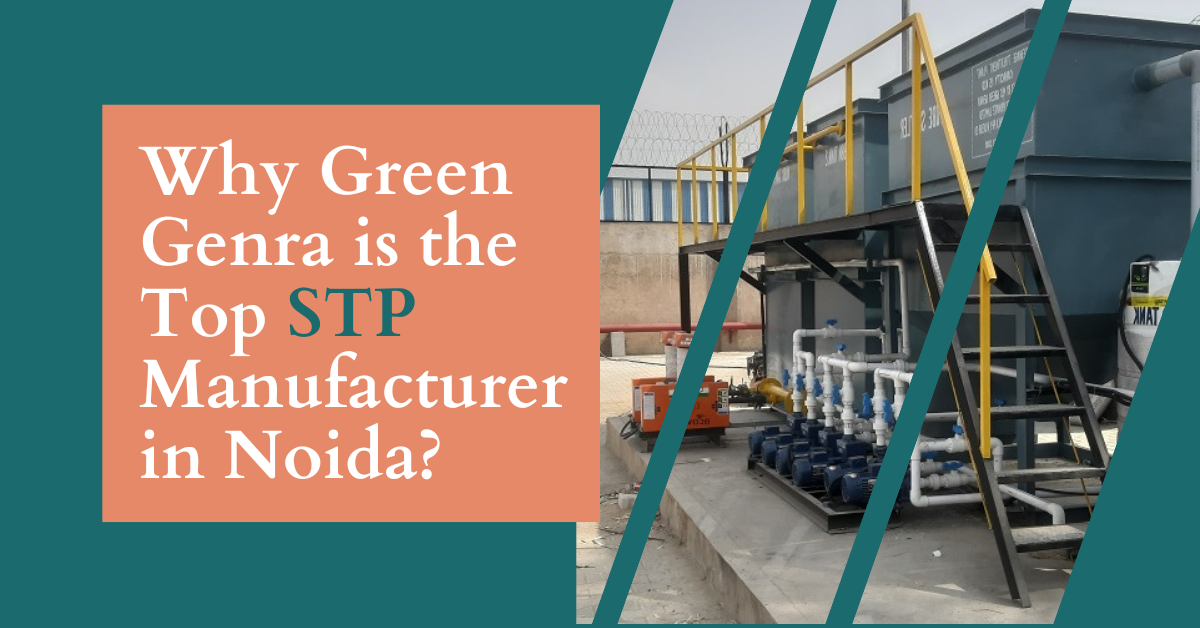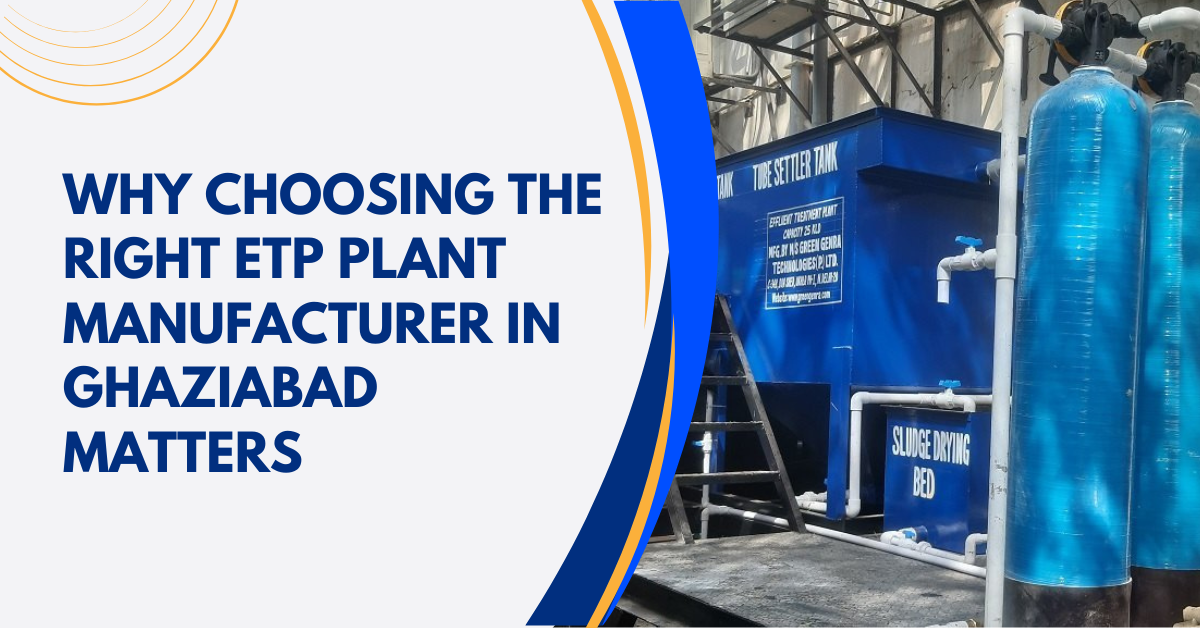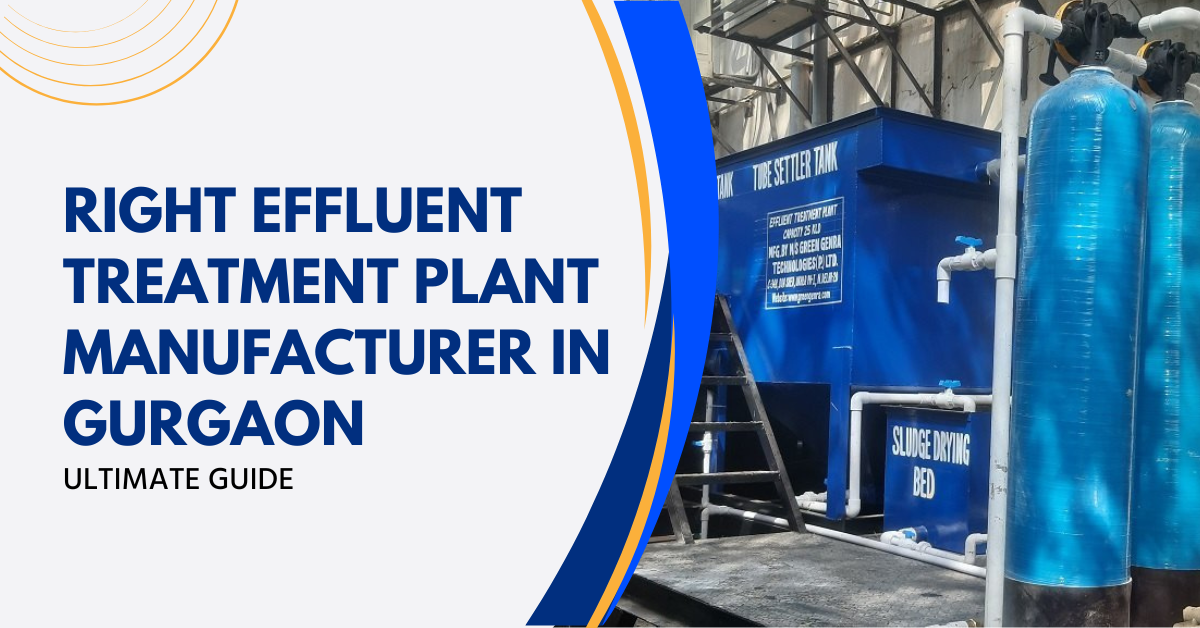Water Expo 2025 in New Delhi 28-30 August 2025 | Pragati Maidan, New Delhi India 20th Everything About Water Expo 2025 ...
How Delhi Pollution Control Committee Engages With Citizens for a Cleaner Delhi
Delhi, the capital city of India is a vibrant metropolis with rich history. The city over the past years has been grappling with significant environmental challenges, particularly air and water pollution.
The Delhi Pollution Control Committee or the DPCC is at the forefront of efforts to resolve the pollution issue faced by Delhi.
What is DPCC and what is its work operation?
The DPCC is an autonomous regulatory body that operates under the Department of Environment, Government of the National Capital Territory of Delhi. Established in 1991, the body plays a key role in monitoring and controlling pollution levels in the city. DPCC was reconstituted on 2022 and consists of 15 members including the Chairman, Member Secretary, Representatives of various Government departments, experts in the field of environment and NGOs.
Its work extends beyond enforcing regulations, focusing on educating and engaging the citizens in the fight for a cleaner and healthier city. DPCC’s mandate includes enforcing environmental laws and providing advice on pollution control. The body also works closely with government agencies, the public and individuals to curb pollution in Delhi.
The responsibility of DPCC spans air and water quality monitoring, waste management and noise pollution control. One of the body’s main roles is to engage citizens in these efforts, recognizing that sustainable environmental solutions need a collaborative approach.
How does DPCC engage with the citizens for a cleaner Delhi?
1. Awareness Campaigns: DPCC’s main tool is to make Delhi’s public aware of the importance of curbing pollution levels for their fit and healthy life. Public Awareness is a main tool in the DPCC’s strategy to minimize pollution in Delhi. Over the years, The Delhi Pollution Control Committee has launched many campaigns aimed at educating the citizens on how their daily activities impact the environment. The most notable DPCC campaigns generating public awareness include-
- Anti-Firecracker Campaign: Every year, around Diwali, DPCC runs an extensive anti-firecracker campaign to raise awareness about the harmful effects of firecrackers on the quality of air. Through public messages, posters, and social media outreach, DPCC encourages citizens to opt for green celebrations, using eco-friendly alternatives to traditional crackers.
- Plastic Waste Management Campaign: DPCC arranges workshops and community meetings and promotes the reduction of single-use plastic. The campaign emphasizes responsible plastic disposal and the importance of recycling, urging the citizens to adopt sustainable habits.
- Tree Plantation Drives: DPCC collaborates with the local communities and NGOs, and organizes tree plantation drives to reduce air pollution and increase green cover across the city. These initiatives encourage the citizens to participate in afforestation efforts that help absorb carbon dioxide, improve air quality and restore ecosystems, contributing to a healthier environment.
2. Partnering with Schools and Educational Institutions: DPCC views the young population of Delhi as the key stakeholder in its mission to reduce pollution in the national capital. The autonomous body recognizes the role of education in shaping future environmental stewards, and thus has partnered with universities and schools to raise awareness among the students through-
- Eco-Club Initiatives: The DPCC has facilitated the creation of Eco-Club in schools and colleges across Delhi. These clubs engage the students in hands-on environmental activities like cleanliness drives, waste segregation and energy conservation. The main aim of DPCC is to empower the young population with the knowledge and tools that help them protect the environment from pollution and its drastic effects.
- Workshops and Seminars: DPCC conducts regular workshops and seminars in educational institutions. In these workshops, the students are taught about the causes of pollution, its dangerous health impact and ways to reduce their carbon footprint. The programs foster a culture of environmental responsibility among the learners ensuring they are well informed and proactive in addressing the pollution concerns.
3. Residents’ public consultation and feedback: DPCC ensures that the public not only receives information about pollution's harmful effects and ways to curb it but also actively participates in shaping environmental policies. DPCC does this through –
- Public Consultations: The Delhi Pollution Control Committee holds regular public consultations where the citizens can voice their issues about the local environment issues, be it air quality, industrial pollution or waste management. These consultations provide valuable feedback that helps the DPCC redefine its strategies and policies.
- Grievance Redressal Mechanism: The citizens can report pollution violations or environmental hazards in their area through the DPCC website or the mobile app. The citizen-drive approach boosts the DPCC’s ability to quickly and effectively respond to pollution-related incidents. The system also empowers the citizens to take responsibility for their area and hold the polluters accountable for the pollution-causing acts.
4. Use of Digital Platforms in Citizen Engagement: In the Digital –Era, social media platforms and mobile apps have wide outreach.
DPCC uses these platforms to engage with the growing tech-savvy Delhi population. The digital transformation has made it easier for the citizens to access information, monitor pollution levels and participate in environmental activities and pollution control campaigns organized by the DPCC.
- Real-Time Monitoring of the air quality: DPCC’s website provides real-time data on air quality across various parts of the city. The data empowers the citizens to make informed decisions about the daily activities. This transparency in data sharing ensures that the public is aware of the pollution levels and can take appropriate measures to protect their health.
- DPCC Mobile App: The Delhi Pollution Control Committee’s mobile app allows users to report various pollution violations in their neighbourhood. The cutting-edge mobile app allows users to monitor air and water quality and stay abreast of the latest environmental news. The application also includes educational resources that help users to adopt environment-friendly practices.
- Social Media Campaigns: In the digital era, social media platforms like Facebook, Instagram and Twitter play a significant role in appealing to the mass public. DPCC is actively present on these social media channels helping it reach a broader audience. Social media campaigns are used to spread awareness about the drastic effects of pollution and pollution control measures. DPCC shares success stories and encourages Delhi’s population to participate in environmental initiatives, contributing to a sustainable future.
5. Citizen-Led Monitoring Initiatives: This is one of the most innovative public engagement strategies by DPCC. The strategy promotes citizen-led monitoring programs giving the residents the tools and training to monitor the pollution levels in their area.
- Neighborhood Air Quality Monitoring: DPCC collaborates with the local communities to set up air quality monitoring devices in their residential areas. The DPCC authorities train the citizens to use these devices and share the data with the DPCC, allowing the Committee to track pollution patterns more effectively.
- Community Clean-Up Drives: DPCC works with Delhi’s various RWAs the resident welfare associations and the local NGOs to support the community clean-up drives aiming to reduce waste in the public spaces. These community clean-up initiatives improve the cleanliness of the local neighbourhoods and also foster a sense of community and shared responsibility for the environment.
6. Offering Incentives: To encourage Delhi’s citizens to adopt various eco-friendly practices and strategies to curb air and water pollution, DPCC has introduced various incentives.
- Electric Vehicles Subsidies: In sync with Delhi’s Electric Vehicle Policy, the DPCC offers subsidies for the citizens who purchase Electric vehicles. This move aims to reduce the emissions of vehicles in the national capital. Electric Vehicles reduce the carbon footprint on the environment and foster healthier surroundings. The emissions from the vehicles are a major contributor to the Air pollution crisis in Delhi. With the Electric Vehicle subsidies, DPCC works to boost environmental awareness, thus curbing air pollution.
- Rainwater Harvesting and Waste Management: To promote sustainable water use and waste management, DPCC provides incentives for households and businesses that install rainwater harvesting systems and waste management measures. The integration of sustainable practices in residential areas and industries minimizes the pressure on the city’s resources, helping reduce environmental degradation.
What are the Challenges faced by the DPCC in Citizen Engagement?
With great efforts and initiatives by the DPCC to involve Delhi’s citizens in the pollution control efforts, some challenges need to be addressed. Many citizens are not aware of the ways they can contribute to pollution control efforts and thus public participation remains inconsistent.
Also, the rapid urbanization and population growth continue the city’s resources making it tough to implement large-scale changes without the full cooperation of the public.
Here are some of the ways adopted by the DPCC to overcome these challenges-
- Strengthening Private-Public partnerships: DPCC collaborates with the private sector to support and fund environmental initiatives, helping it scale up citizen engagement efforts. The private companies play a key role in supporting DPCC’s management campaigns and contribution to the environmental sustainability goals.
- Expanding outreach efforts: DPCC works to increase its visibility through various programs with the help of partnerships with the media, collaboration with influencers, and expanding grassroots efforts to reach more Delhi citizens. They conduct targeted campaigns to raise awareness in the underrepresented communities and encourage broader participation in pollution control efforts.
What is the future of DPCC’s citizen engagement in Pollution Control?
In future, the Delhi Pollution Control Committee aims to deepen its collaboration with the citizens to build a cleaner and greener Delhi. The authorities of DPCC leverage cutting-edge technology in today’s digital era aiming to increase transparency, fostering a sense of collective responsibility.
Looking ahead DPCC aims to create an environment where every resident plays a key role in pollution control. As more citizens become involved, DPCC’s vision of a cleaner, healthier and eco-friendly city can become a reality.
Does DPCC’s Engagement with the Delhi Public help curb the city’s pollution levels?
The Delhi Pollution Control Committee has made considerable efforts to engage the public in its mission to minimize the city’s pollution. Public Awareness Campaigns, such as the anti-firecracker drive during Diwali and plastic waste reduction initiatives have played a key role in educating citizens about the harmful effects of pollution and promoting eco-friendly alternatives.
With the help of various campaigns, DPCC has raised public awareness and responsibility motivating them to adopt greener and sustainable practices like purchasing eco-friendly crackers and electric vehicles and installing rain-water harvesting and waste management measures in their residential communities and work areas.
Also, DPCC collaborates with schools, colleges and RWAs, encouraging the Delhi citizens to understand their responsibility in controlling pollution. These DPCC public engagement efforts have led to localized improvements in the air and water quality in areas where public participation is high.
The impact of DPCC’s engagement efforts on pollution levels across Delhi is mixed. Some citizens support the body’s pollution control strategies and actively engage in the initiatives; however, a significant portion of the population remains indifferent or unaware of these programs.
Also, some initiatives of DPCC face public resistance. These include an anti-fire cracker campaign around Diwali often clashes with cultural traditions, leading to backlash from the public who view it as an intrusion on their celebrations. Also, the initiative by DPCC to switch to Electric Vehicles has not materialized because of the huge cost of electric vehicles and infrastructure limitations.
Delhi’s citizens have a mixed response to the pollution control efforts and initiatives by DPCC. While many support and participate in the initiatives, others remain resistant due to economic, cultural or awareness-related challenges. For the efforts of DPCC to succeed, greater outreach, public education and government support are important to ensure more widespread citizen engagement and an eco-friendly environment in Delhi.
For the public engagement strategies to reduce pollution levels across the city, widespread and consistent public participation across Delhi is important. The reduction in the pollution levels in Delhi on a larger scale will involve a deeper and more sustainable involvement from both the public and the DPCC authorities.
From its awareness campaigns to digital platforms, DPCC empowers Delhi’s citizens to take action for eco-friendly Delhi. The continued participation of the public in curbing Delhi’s pollution levels is important to meet future challenges ensuring the next generation can enjoy a healthier and sustainable future.

































Ghaziabad has witnessed an increase in several industries in the past few years. The continuously rising population and a gro...
Effluent Treatment Plant (ETP) from reliable ETP Plant Manufacturers play a key role in reducing industrial pollution by trea...
With the increasing levels of water contamination in Ghaziabad because of growing industries and a growing population, wastew...
Green Genre is one of the best STP manufacturers in Noida that designs, produces and installs sewage treatment plants in vari...
Effluent Treatment Plants or ETPs are important for industries in Ghaziabad to ensure environmental compliance ensuring effec...
An effluent Treatment Plant or ETP is a crucial investment for industries seeking to manage wastewater according to environm...

